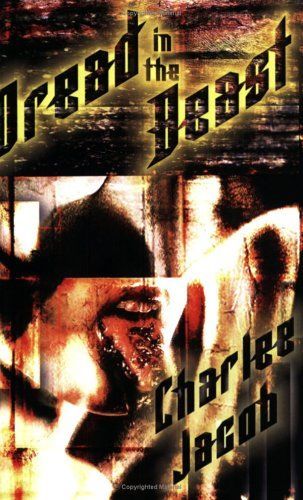
Dread in the Beast The Novel
BRAM STOKER AWARD FOR BEST NOVEL OF 2005DREAD IN THE BEAST used to be a novella about the goddess of waste and the king of wasters. Now it is a novel, stuffed full of the gruesome and horrible. Taken from the mythologies and histories of humankind, it follows the trail of the Mother Spririt of the worst that the world is capable of producing. From the catacombs of ancient Rome where a blasphemous sect twisted the message of the early Christians--to modern America with its obsession with violence, deities and saints and the reincarnations of beasts battle over sublime and profane, where the very reasons for existence for us all may lie in the unthinkable.Edward Lee (author of CITY INFERNAL, MONSTROSITY, INCUBI, and SUCCUBI) says in his introduction to this new novel-length version, "What's most unique of all here (and jealously fascinating) are the creative guts of the author. If there's an ultimate dichotomy in the horror genre, it's got to be Jacob...armed with a talent to write the most beautiful prose yet using that talent to examine the most unspeakable and detestable horror. ...It's one of my all time favorite novels in the field."
Reviews
Bryan Alexander@bryanalexander